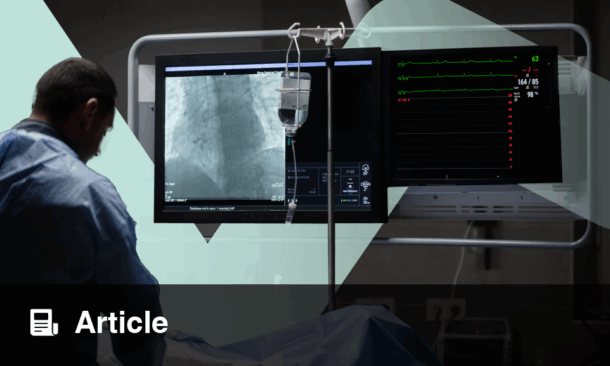A LARGE pooled analysis has confirmed that patients with higher baseline systolic blood pressure experience the greatest reductions after renal denervation at six months.
Baseline Blood Pressure Levels Guide Renal Denervation Decisions
Renal denervation has gained prominence as a treatment option for patients with uncontrolled hypertension, yet clinicians have long questioned which patients are most likely to benefit. The new analysis reinforces that baseline systolic blood pressure remains a critical indicator, with higher readings consistently predicting larger reductions. As renal denervation becomes more widely discussed in multidisciplinary hypertension clinics, these findings help refine expectations for both clinicians and patients.
Study Methods and Six-Month Outcomes
The study combined radiofrequency renal denervation data from major trials, including SPYRAL First-In-Human (n=50), SYMPLICITY HTN-3 (n=364), SYMPLICITY HTN-Japan (n=22), SPYRAL HTN ON-MED (n=206), and the Global SYMPLICITY Registry DEFINE (n=2,735), resulting in a pooled cohort of 3,377 patients. Mean age was 60±12 years and 41 percent were female. Baseline office systolic blood pressure (OSBP) measured 171.8±20.5 mmHg and 24-hour ambulatory systolic blood pressure (ASBP) measured 155.9±17.3 mmHg. At six months, OSBP and ASBP fell by 16.3±24.0 mmHg and 7.5±16.7 mmHg. Medication use was similar at baseline and follow up. Higher baseline SBP strongly correlated with greater reductions (p<0.0001; r2=0.21 for OSBP and r2=0.13 for ASBP). OSBP readings of 150, 160, 170, and 180 mmHg predicted reductions of 4.2, 9.8, 15.4, and 21.0 mmHg.
Clinical Implications and Future Considerations
These findings highlight that baseline systolic blood pressure can serve as a practical tool in clinical decision making. For clinicians considering renal denervation for patients with uncontrolled hypertension, expected reductions can be estimated more accurately, supporting clearer communication during shared decision making. Further research is needed to identify which patient groups benefit most, but the evidence positions renal denervation as an increasingly valuable option in personalised hypertension care.
Reference
Schmieder RE et al. Impact of baseline systolic blood pressure on blood pressure changes following renal denervation. EuroIntervention. 2025;DOI:10.4244/EIJ-D-24-01131.








